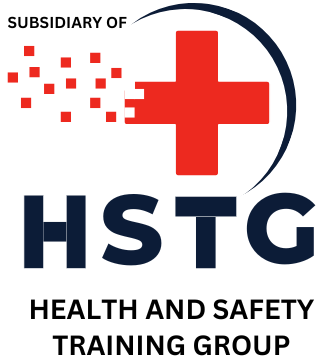
About Course
About the Course
The Level 3 Anaphylaxis Training course equips participants with the essential skills and knowledge to recognize and respond to life-threatening anaphylactic reactions. This short, focused course is ideal for anyone responsible for the safety of individuals at risk of severe allergic reactions, providing training in the use of adrenaline auto-injectors (e.g., EpiPen, Jext, Emerade).
Who Should Attend?
- Healthcare professionals.
- School staff, including teachers and support staff.
- Childcare providers and parents.
- First aiders in the workplace or community settings.
- Anyone supporting individuals with severe allergies.
No prior first aid experience is required.
Duration
- 2 to 4 hours (half-day session).
Course Content
-
Introduction to Anaphylaxis
- Definition and causes of anaphylaxis.
- Common allergens (e.g., food, insect stings, medications, latex).
- The physiological impact of an allergic reaction.
-
Recognizing Anaphylaxis
- Signs and symptoms of mild, moderate, and severe allergic reactions:
- Respiratory distress.
- Swelling, hives, and rash.
- Gastrointestinal symptoms.
- Loss of consciousness.
- Differentiating between anaphylaxis and other conditions.
- Signs and symptoms of mild, moderate, and severe allergic reactions:
-
Emergency Response to Anaphylaxis
- Conducting a primary survey using DR ABC.
- Calling for emergency help and conveying critical information.
- Positioning the casualty appropriately (e.g., lying flat with legs elevated).
-
Adrenaline Auto-Injectors
- Overview of commonly used devices (EpiPen, Jext, Emerade).
- How adrenaline works to counteract anaphylaxis.
- Correct storage and handling of auto-injectors.
- Practical demonstration and practice in using training devices.
-
Aftercare and Monitoring
- Monitoring the casualty while awaiting emergency services.
- Recognizing signs of a biphasic reaction (a second reaction hours later).
- Communicating with healthcare professionals and providing a detailed incident report.
-
Prevention and Management of Allergies
- Identifying and managing allergy risks in various settings.
- Creating allergy action plans for individuals at risk.
- Importance of allergy awareness and communication in schools, workplaces, and public spaces.
-
Practical Scenarios
- Role-playing real-life scenarios involving anaphylaxis.
- Applying emergency response protocols and using auto-injectors.
Learning Objectives
By the end of the course, participants will:
- Understand the causes and effects of anaphylaxis.
- Recognize the signs and symptoms of a severe allergic reaction.
- Confidently respond to anaphylactic emergencies, including the use of adrenaline auto-injectors.
- Know how to reduce risks and support individuals with severe allergies.
Assessment and Certification
- Assessment: Practical skill demonstrations and active participation.
- Certification: Participants receive a Level 3 Anaphylaxis Training certificate, valid for 1 year. Annual refresher training is recommended.
Why Choose This Course?
- Focuses on life-saving techniques specific to anaphylaxis.
- Meets workplace and childcare regulatory requirements.
- Delivered by qualified and experienced trainers.
- Provides both theoretical understanding and practical skills.
Course Delivery
- In-person training: Conducted at your location or a nearby training center.
- Flexible scheduling to suit individual or group needs.
Register Today to learn critical skills to protect those at risk of anaphylaxis.
Student Ratings & Reviews


